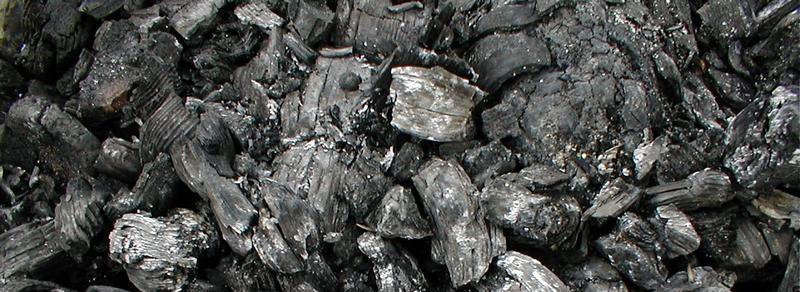The Garden Professors test new products all the time. Fertilizers, pesticides, tree wraps,compost tea, etc., they’ve all found their way into our fields and greenhouses at one time or another, but still, we can’t test everything, it’s just not possible. New stuff comes out all the time, and it’s impossible to keep up, so one of the things we love to see is people who take the initiative to test things themselves. Recently we got to see the results from a group of Master Gardeners who tested biochar on growing vegetables. The results aren’t final yet – there’s still a few years to go – but I love the fact that this is occurring and I can’t wait to see more.
Tag: biochar
Should we use biochars in our gardens?
In the last few years, I’ve had a number of people ask me about biochar: what is it and what does it do? Should they add it to their garden? Should they make their own biochar? So while the subject deserves a longer review, I thought it would be useful to discuss it briefly on the blog.
In the strictest sense, “biochar” refers to charcoal that’s made as a byproduct of biofuel production. Various crop residues, livestock manures, and just about any other organic material you can imagine has been studied for this purpose. Biofuel production not only helps diversify our energy resources, but the biochar itself also boasts several benefits, not the least of which is that it serves as a long-term, stable repository of carbon. Since the carbon in biochar decomposes so much slower than the parent organic material, it is often considered to be a “carbon negative” material.

Even more exciting is that biochar offers some distinct, tested benefits to agriculture. It is a porous, charged material that has been used to remediate soils by binding contaminants such as pesticides and heavy metals. It offers a physical environment to mycorrhizae, which often benefit from biochar amendment. It binds nutrients such as nitrogen, preventing runoff or leaching, and releases these nutrients to crops, most of which are shown to benefit from biochar additions. The scientific literature is robust in examples, worldwide, of how various biochars benefit agricultural soils and crops.
But before you rush away to buy (or make) your own biochar, there are some significant caveats. First, there is a sophisticated process used to make biochars, whose characteristics will vary tremendously depending on how they are produced. Differences in temperature, for instance, will produce very different biochars from the same parent material. (And you would be hard pressed to do this at home: temperatures can range from 100-700C.)
Second, there is little, if any, research on the use of biochars in nonagricultural situations other than soil remediation. This means no information on how it affects trees, shrubs, home gardens and landscapes, and other urban greenspaces. As readers of this blog should know by now, there are many agricultural production practices that do not translate well to the home garden or landscape.
Third, biochars are generally very alkaline, often with a pH close to that of lime. While this might be fine for some soils and plants, naturally acidic soils and their respective acid-loving plants are not going to react kindly to a more alkaline soil environment.
Finally, I hate to see people (and they are out there) who are now taking their pruning debris, arborist wood chips, and other organic material, burning it, and burying it. Ideally, both bio-oils and biochar are made from excess crop residues and other debris generated in agriculture. Arborist wood chips and other plant debris generated in a home landscape need to go right back onto the soil as part of a compost/mulch layer. To burn this valuable resource strikes me as the classic “penny wise, pound foolish” mentality.